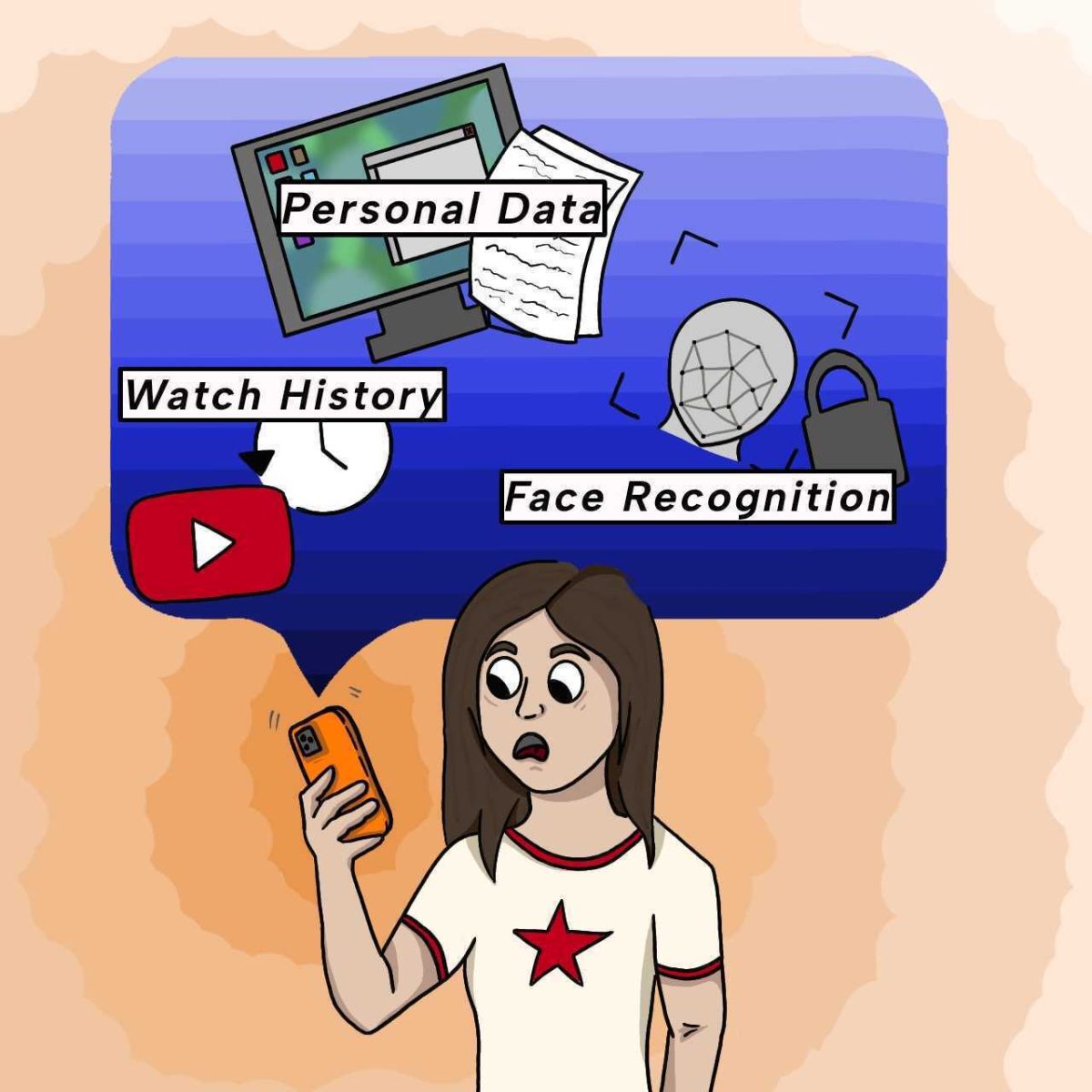The 21st century has brought the greatest benefits and technologies from all centuries of human history. The exponential growth that humanity has experienced (according to Kurzweil’s Law of Accelerating Returns) in practically every aspect concerning homo sapiens (both good and bad) has not reached a peak as high as this century, in which every day something new is invented or something existing is improved.
Among the long list of innovations, one of the most influential and widely used is the smartphone. The transformation of a simple instant communication device into a multi-functional tool with processing capacity equal to or better than that of several 20th-century supercomputers changed our lives forever.
But in some states, the authorities are considering banning the use of cellphones in school, ignoring the immense potential these tools have.
The almost unlimited search and training possibilities offered by a smartphone have become a problem for most schools around the world. In many places and countries, there are bans so that students cannot use cell phones, going from disciplinary offenses to even confiscating or banning them within educational facilities.
According to AP, students are facing restrictions on the use of their cellphones in 35 states, including Illinois. These restrictions vary according to the state, going from just a recommendation from the government to a total ban on cellphones inside the school, even during recess.
In fact, in DeKalb County, Georgia, there is a general restriction on the use of cellphones across all elementary, middle and high schools. And it is not just cellphones, but any electronic device such as AirPods, headphones, smart watches, etc.
The focus in this policy is wrong because it treats cell phones as evil objects that corrupt students. But, as far as we know, mobile phones are inanimate objects, or to be more specific — tools.
A tool is by definition anything used as a means of accomplishing a task or purpose. A hammer is not good or bad, it’s just an extension of who uses it to build a house or to hurt someone. The same thing happens with a cell phone. It is not intrinsically bad or good, the goodness of its use depends on who holds it in their hands.
That is why we should not limit the use of mobile phones in schools. Instead we should promote education in the use of these tools so they are used appropriately, since the vast majority of people will have a smartphone in their pocket for their whole life.
The purpose of school is not only to teach basic knowledge in areas such as mathematics, grammar and biology, but it should also be to teach things less academic yet equally important for everyday life just like the good use of the technological tools at our disposal. Phones can be used as a research tool, and nowadays, their unlimited applications as a learning tool through videos and apps (here at NIU most of students have Blackboard in their phones) makes them an invaluable resource.
If people are not taught how to use their cell phones, nor the magnitude of the tool they have at their disposal and instead only limited their use at an early age — hoping to magically become more responsible over the years — we will be doomed to see how the next generations trust TikTok for information and only copy and paste what they are looking for in ChatGPT.





















